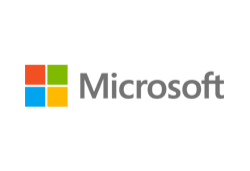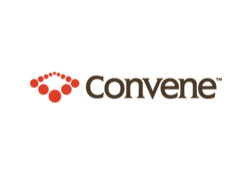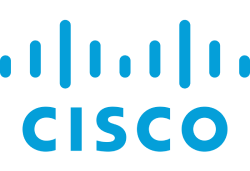The confidential nature of donor information and the critical role of data integrity in serving the community necessitate a strong focus on safeguarding nonprofit systems and information. Cybersecurity plays a crucial role in protecting donor privacy, ensuring the integrity of organizational records, and maintaining the trust of stakeholders. As nonprofits increasingly rely on digital platforms for fundraising, communication, and program management, implementing robust cybersecurity measures is essential for maintaining the security and trustworthiness of nonprofit operations.
A study by IBM reported that the average cost of a data breach for a nonprofit organization in 2020 was approximately $4.72 million. The financial burden, coupled with reputational damage, can significantly impact a nonprofit’s ability to carry out its mission effectively.
Nonprofits interact with a diverse range of stakeholders, including donors, volunteers, clients, and partner organizations. Each stakeholder group may have different access levels and requirements, making it challenging to manage user permissions and ensure consistent security across the board.
Nonprofits often collaborate with external vendors, service providers, or technology platforms to streamline operations and enhance their capabilities. However, this reliance on third parties can introduce additional security risks if proper due diligence is not performed.
Many nonprofit organizations lack in-house cybersecurity expertise and may not have the knowledge or resources to stay updated on the latest security trends, emerging threats, and best practices.
Nonprofits frequently rely on volunteers and remote workers to support their operations. Managing cybersecurity risks associated with remote access, personal devices, and training volunteers on best security practices can be challenging.
Nonprofits prioritize their mission-driven activities, such as providing services to communities or advancing social causes. While focusing on their core mission, cybersecurity may take a backseat, leaving them more susceptible to cyber threats.
Nonprofits often handle sensitive data, including donor information, beneficiary records, and financial data. Protecting this data is crucial to maintain trust, comply with privacy regulations, and prevent identity theft or fraud.
















These clients found success with NUMA Networks IT Solutions
Warren and the Team at NUMA, are committed to making IT better for clients. This industry can be difficult to navigate, NUMA always keeps a lookout on what is changing in tech and keeps clients on top of it. Great job Guys!
Although we’ve only been with NUMA for about a year, our experience has been overwhelmingly positive. The technicians have been very knowledgeable, able to offer practical solutions, and have resolved our issues in a timely manner. Thanks for all you’ve done to help us work though our tech issues, NUMA!
We reached to NUMA for some corp IT help as growing company. The team (Warren and folks) came in to provide very flexible pricing and model for us to engage. They worked with us on helping re-do our entire wireless network for a growing company, fixing older problems. Pleasant to work with them and love that they are small, nimble and very attentive. Not your typical IT outsource company. Highly recommen these guys.
Cybersecurity is a top concern for businesses these days. Understanding where you stand and how vulnerable you are is a critical first step in securing your business
| Cookie | Duration | Description |
|---|---|---|
| cookielawinfo-checkbox-analytics | 11 months | This cookie is set by GDPR Cookie Consent plugin. The cookie is used to store the user consent for the cookies in the category "Analytics". |
| cookielawinfo-checkbox-functional | 11 months | The cookie is set by GDPR cookie consent to record the user consent for the cookies in the category "Functional". |
| cookielawinfo-checkbox-necessary | 11 months | This cookie is set by GDPR Cookie Consent plugin. The cookies is used to store the user consent for the cookies in the category "Necessary". |
| cookielawinfo-checkbox-others | 11 months | This cookie is set by GDPR Cookie Consent plugin. The cookie is used to store the user consent for the cookies in the category "Other. |
| cookielawinfo-checkbox-performance | 11 months | This cookie is set by GDPR Cookie Consent plugin. The cookie is used to store the user consent for the cookies in the category "Performance". |
| viewed_cookie_policy | 11 months | The cookie is set by the GDPR Cookie Consent plugin and is used to store whether or not user has consented to the use of cookies. It does not store any personal data. |